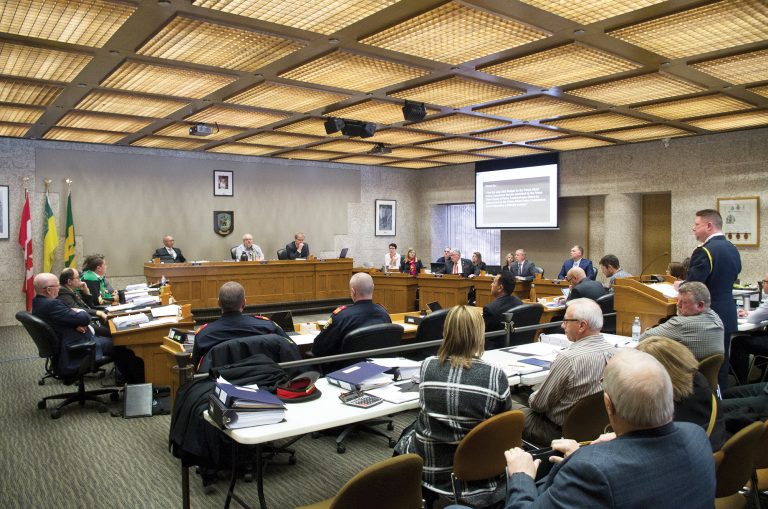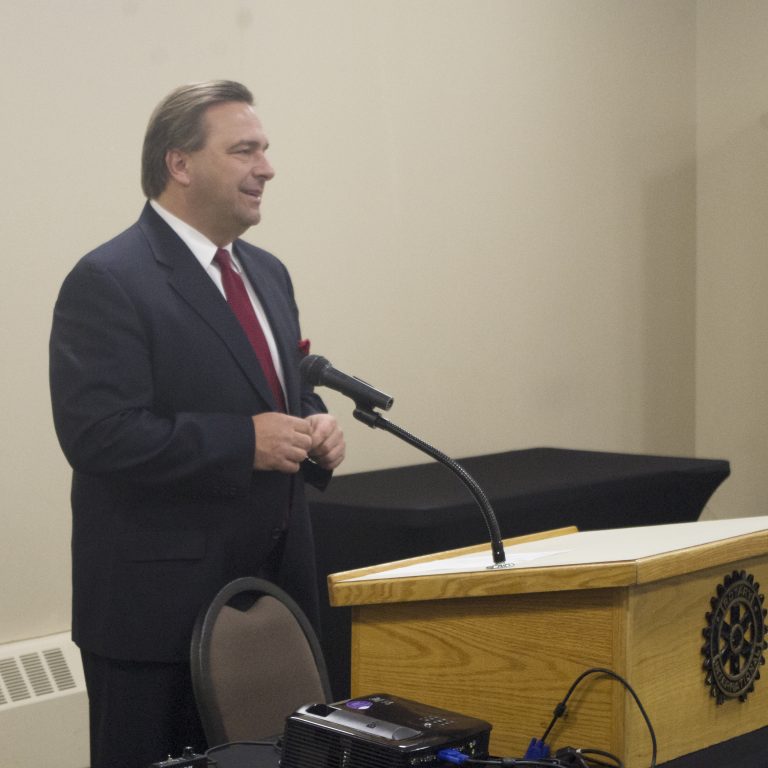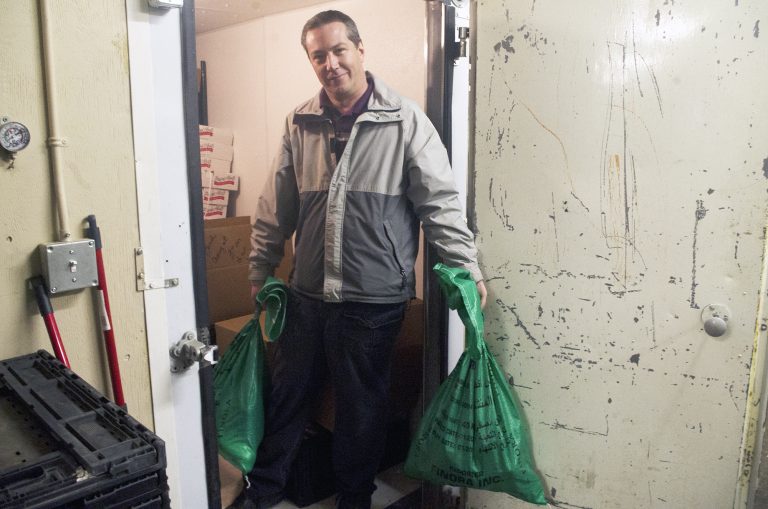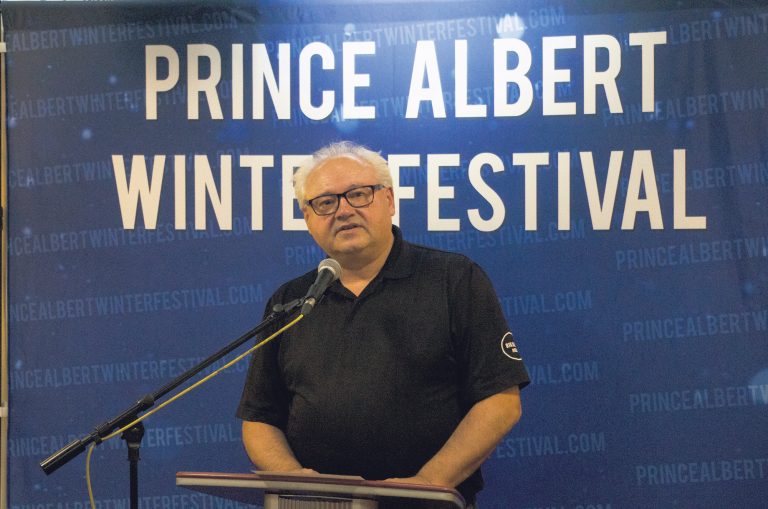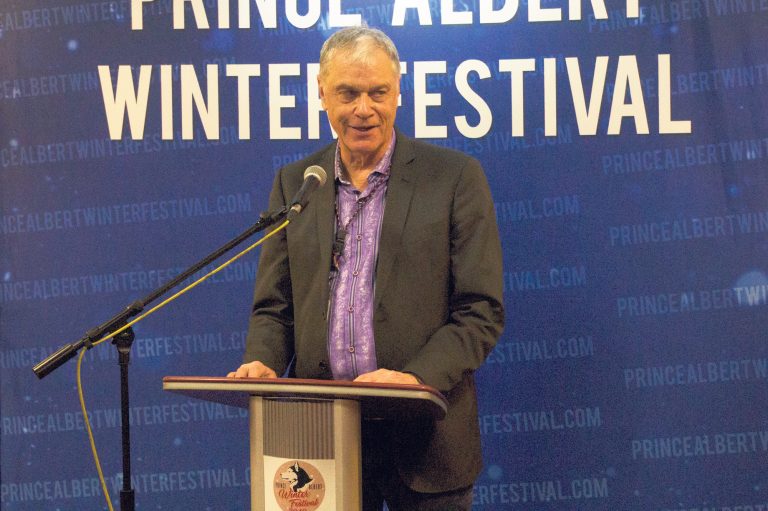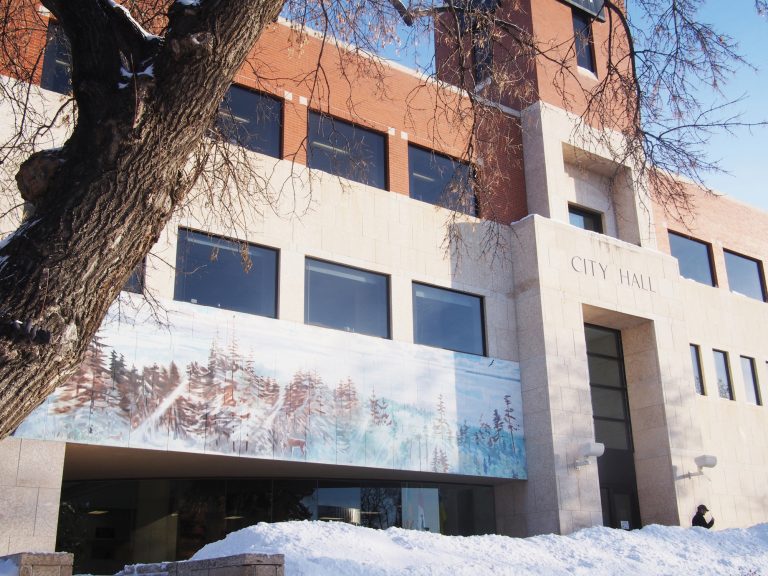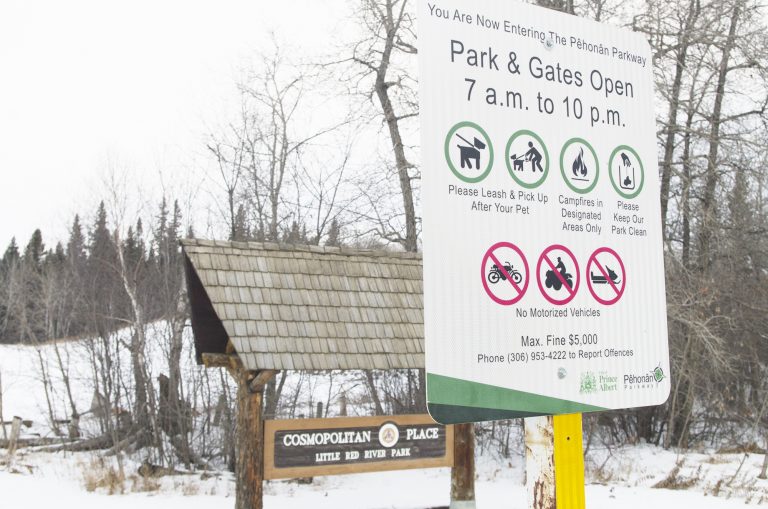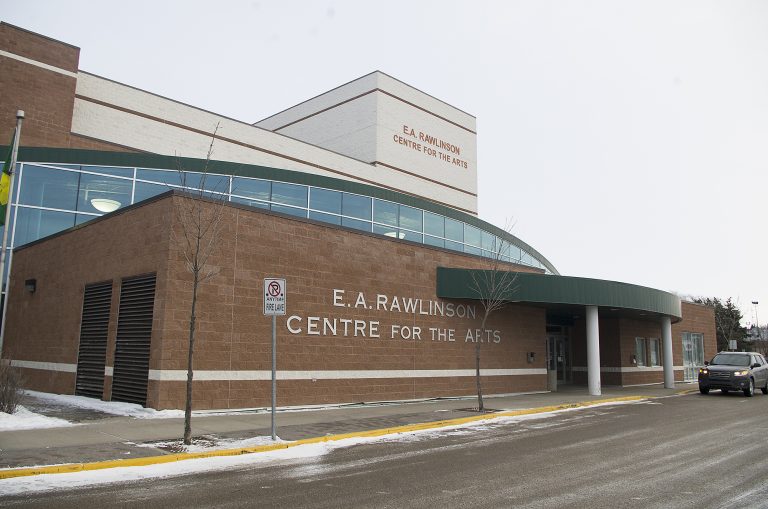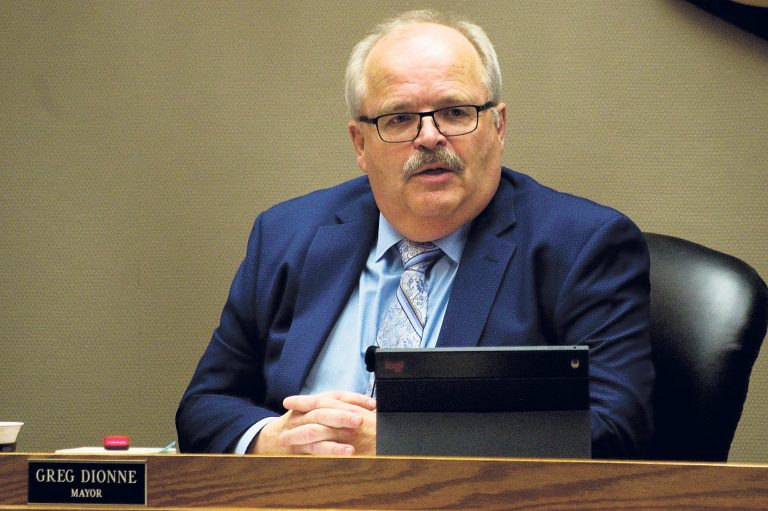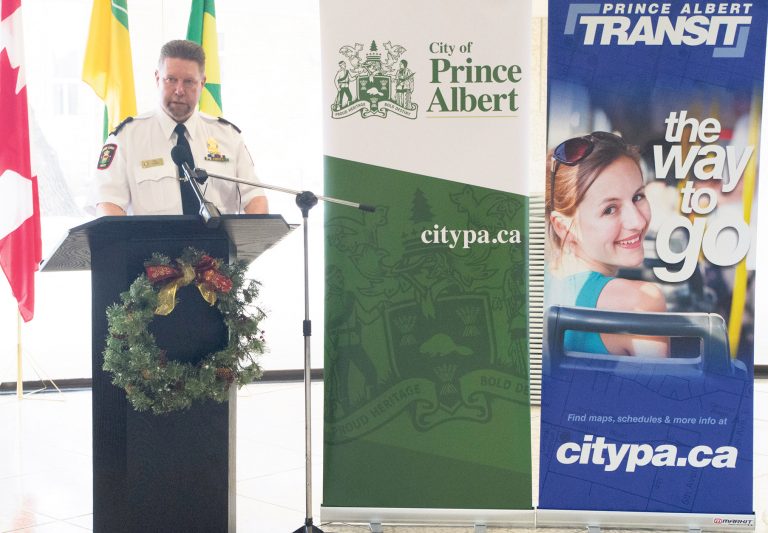It took a little longer than expected, but Prince Albert city council has passed their 2018 budget.
Council gave final approval during a meeting on Monday, but not after stiff opposition from councillors Charlene Miller and Terra Lennox-Zepp.
The conflict didn’t sit well with Mayor Greg Dionne, who touted the budget as a win for taxpayers, and criticized those who voted against it.
“We’re approving a $38-million item, and there’s a couple councillors who are missing a $50,000 item or a $51,000 item, and they chose not to support the budget,” Dionne said. “That’s sad…. You can’t just pick one line and vote for it. You vote for it as a package. Did I like it all? No. There was two or three things … that I fought for and I lost 6-3, so I moved on.”
Despite seeing a multi-million dollar funding cut from the provincial government, city administrators expect revenues to be up in 2018, largely due to changes to property assessment values and expected revenues from the city’s new impound lot.
Residents can expect a 1.5 per cent property tax increase, as well as the extension of a number of public works projects, like restoration of the Little Red River Park riverbank.
“We still have lots of construction projects on the way, and what those projects are what the general public likes: repairs,” Dionne said. “We’ve got our asphalt programs fully in place. It’s one of our most popular, so we’re going to be repairing more streets. We’re going to be attacking the potholes. We’re building water reservoirs …. we’re improving the sewer lines, so it isn’t like we shut down with that 1.5 increase.”
It wasn’t all good news, however. In addition to leaving a number of staffing positions unfilled, city employees will take part in a new Voluntary Day Off without Pay Program. It’s estimated that the program will eliminate an estimated $83,000 in expenses.
Miller and Lennox-Zepp both took exceptions to the budget, with the latter calling it unnecessarily frugal.
“This is an austerity budget where it does not have to be,” Lennox-Zepp said. “I would say that in this budget, we are delaying or vacating some important infrastructure work. I find this budget has the city kicking the can into the future for important work that needs to be done.”
Lennox-Zepp took specific aim at the city’s base tax, which she called “the least fair and equitable taxation that a city can implement,” and also decried the cuts to city staffing. She said all three decisions would have long-term negative repercussions.
The 2018 budget proved to be difficult one for city administrators, who were tasked with bringing forward lean budgets with few spending increases. City Manager Jim Toye complimented his staff for finding new ways to generate revenue without relying on the taxpayer, but said they hadn’t reached calm waters just yet.
“We remain under significant financial pressure,” Toye said in a media release. “This was a very difficult budget year and we are not out of the worst of it yet.”
@kerr_jas • jason.kerr@paherald.sk.ca

